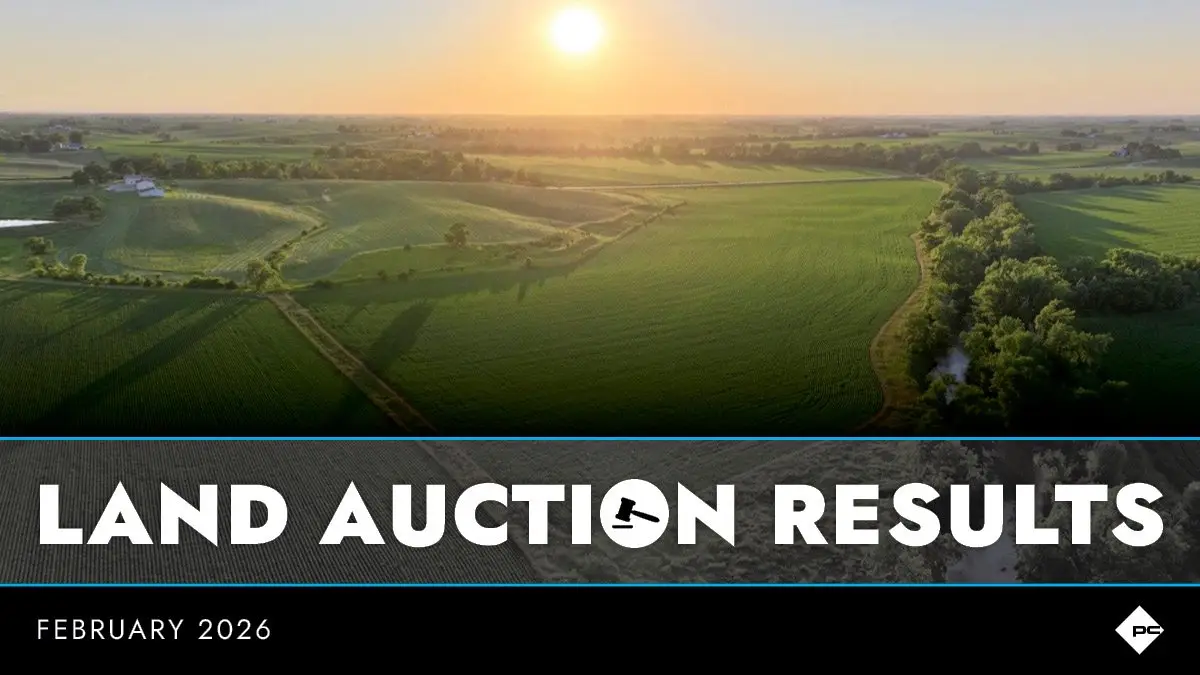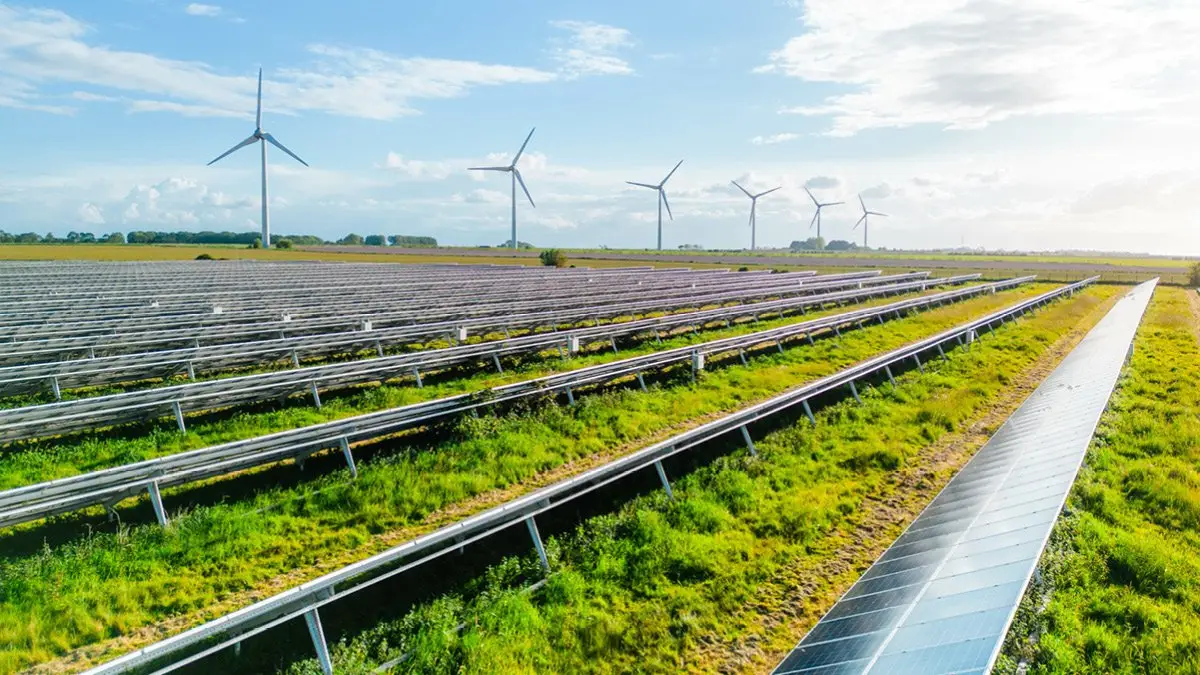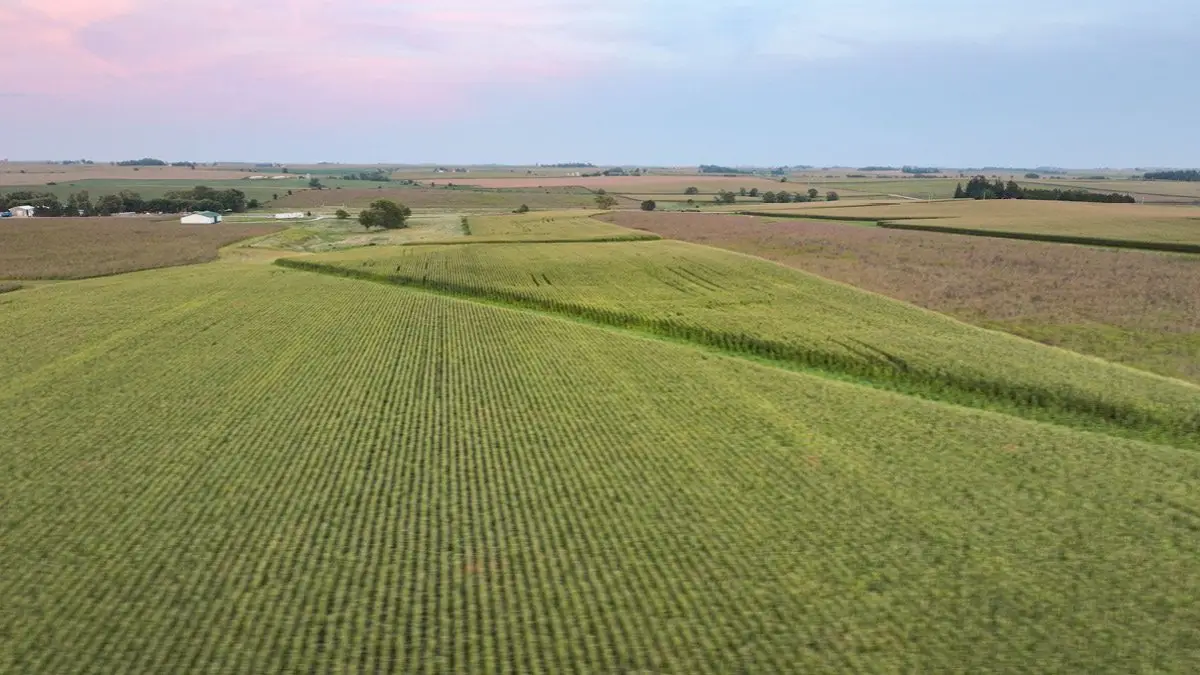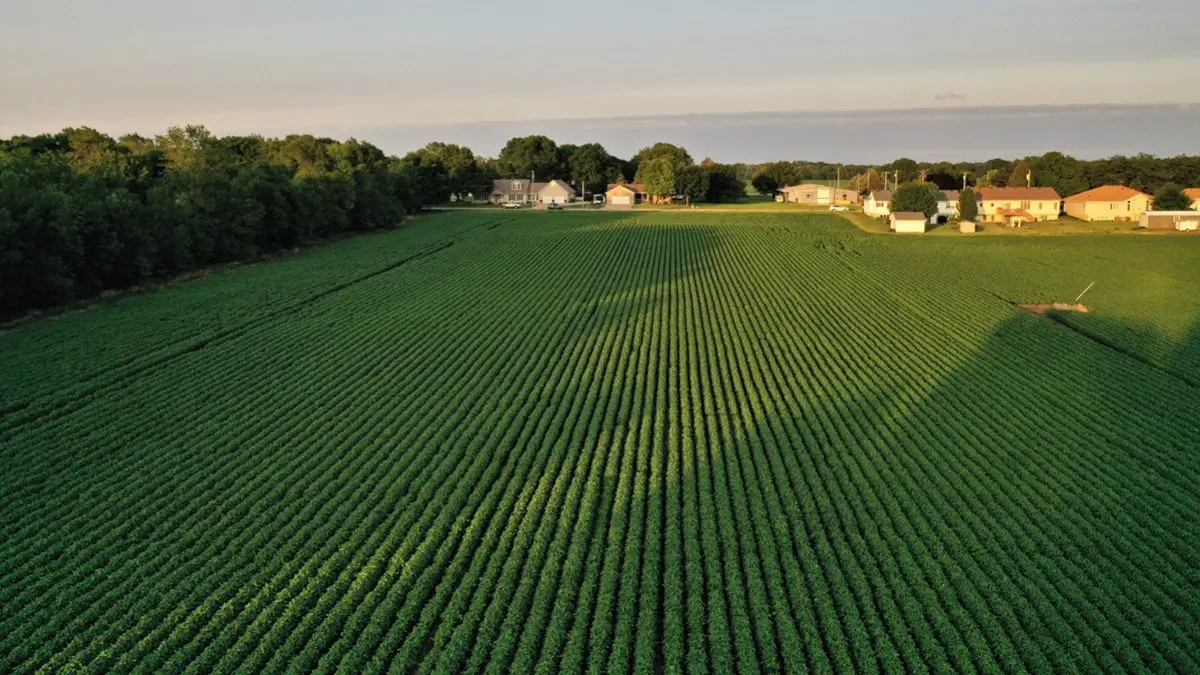
Satellite image ©2021 Maxar Technologies
The container ship ‘Ever Given’ recently ran aground in the Suez Canal and will most likely impact the European auto industry. But with the Suez Canal representing 10% of global trade, it could have easily been a bottleneck for grain supplies instead.
And in 2020, the COVID-19 pandemic significantly disrupted supply chains, with prices for flour and beans spiking in early months of lockdowns. Pulses from South Asia and corn from Argentina have seen declines in exports due to poor harvests, while crop prices continue to rise for U.S. farmers.
These examples highlight the fragility of global supply chains and how disruption in a single distribution channel impacts supply of products for industries around the world. Our global trade system has promoted centralized production of grains and commodities. It has been efficient to locate large scale systems in the most advantageous countries or regions. Yet this same trade system will continue to face climate and geopolitical challenges, with implications for crop price inflation and volatility, as well as the ability for international trade to meet the market’s needs.
Meanwhile, so much of the supply chain has sought the lowest cost supplier that commodities have lost durability in the industry. This is an opportunity to begin shifting our sourcing practices in a decentralized direction and to rebuild local sourcing. More companies now recognize the need for ‘just in case’ supply chains as they do ‘just in time’ options. Best-in-class quality, safety assurances, and certification requirements are also added components in sourcing systems. High quality grains are more costly to produce and source but are increasingly available. Investments in seed cleaning and storage made by landowners and farm operators also supports the overall economic value of durable local supply chains.
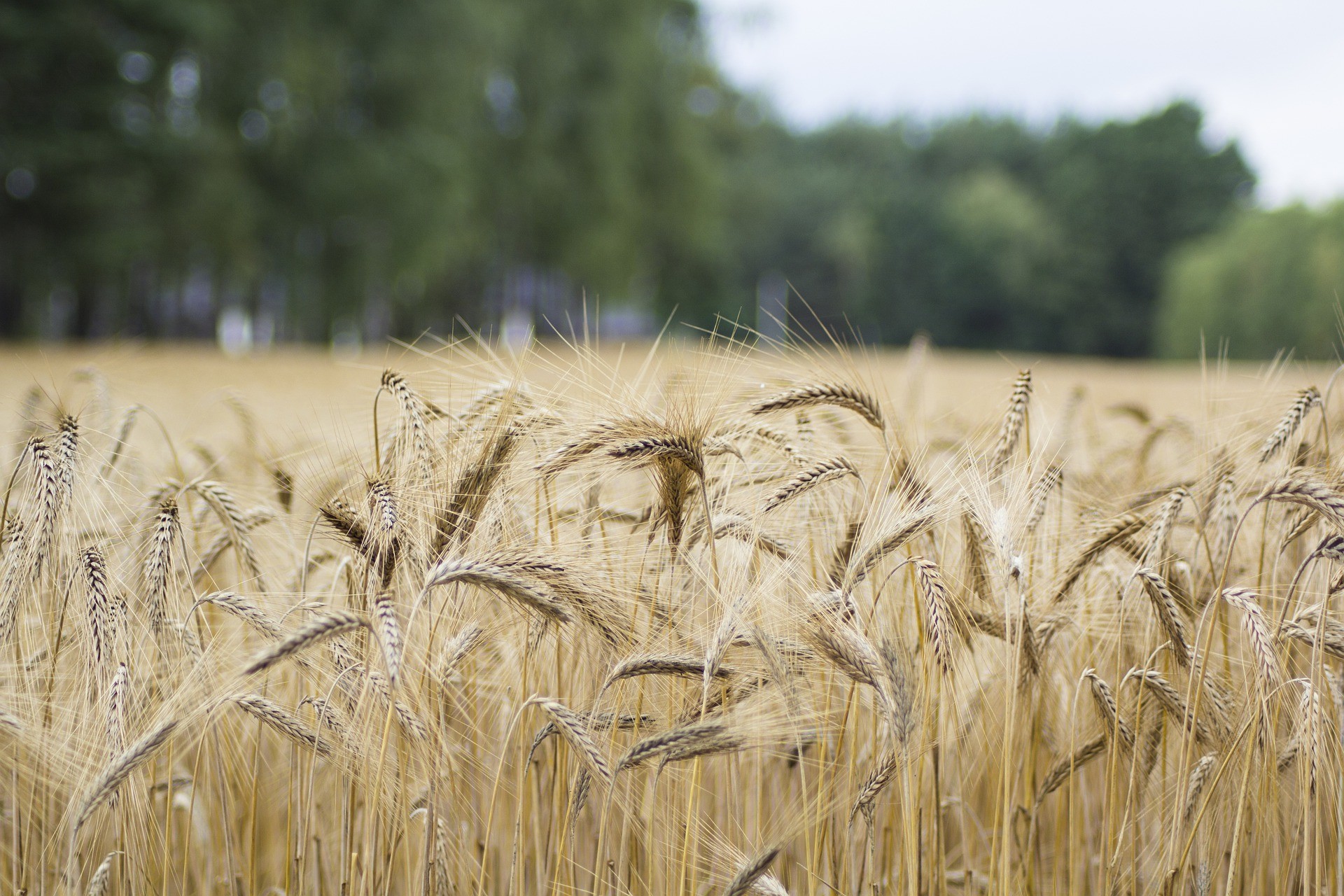
These developments are also facilitated by stakeholders downstream in the value chain and Peoples Company is actively involved in conversations with mills/processors supplying ingredient companies and consumer food brands. Mills are adding new cleaning, processing and storage capabilities to better support brands. Consumers seek more transparency in their food products and brands are responding with more information on their packaging and marketing towards non-GMO or organic alternatives. Consumer brands are establishing partnerships with land managers, agricultural consultants and grain processors to help guarantee a high-quality crop for their markets.
Household-name brands are answering consumer demand:
- Budweiser launched a sustainable rice program with Indigo Agriculture to conserve 2 billion gallons of water and reduce carbon emissions by over 26% in 2019.[1]
- Bell & Evans chicken recently announced a $500 million investment to transition over 50,000 acres of U.S. corn and soybeans to certified organic production, with crop consulting support from Cargill and the Rodale Institute.[2]
Smaller, start-up brands are growing across the country as well:
- 8 Track Foods, based in Batavia, Illinois is a newly launched brand of canned beans focused on making healthy foods more accessible.[3] They partner directly with bean growers in Michigan to source black beans and chickpeas. Launched in the beginning of 2020, the business has grown significantly with online sales and distribution to Albertsons and Whole Foods Supermarkets. Organic dried beans now make up 15% of the overall market.
- Grain Place Foods - an organic farm and grain mill in Nebraska - and Quinn Snacks - a popcorn and pretzel company based in Colorado - are partnering together to support farmers transitioning to regenerative agriculture practices. Quinn makes its products with sorghum and sunflower oil, providing sourcing information on all ‘farm-to-bag’ ingredients.[4]
As farms create business relationships with the mills and processors mentioned above, supply chains become more decentralized, and commodities become more durable. As companies successfully employ low emissions or organic programs in one ingredient category, they will expand into crops that can be implemented into sourcing networks.
Successful brands cannot afford shortages of key ingredients due to delayed container ships. In addition to consumers wanting healthier options, they want to know the story behind their food and to learn more about the sustainability of farming practices.
Peoples Company recognizes this value-added opportunity and is actively pursuing alternative crop rotations and connecting regenerative agriculture with the end food user. Landowners interested in learning more are encouraged to reach out the Peoples Company Land Management team at LandManagement@PeoplesCompany.com or call 855-800-5263.
Bennett Haynes is our Supply Chain Specialist, working with the Land Management team to source organic grain contracts, research regenerative crops, and find supply chain opportunities. Before joining Peoples Company, Bennett lead produce sourcing for Jose Andres ThinkFoodGroup restaurants based in Washington, DC and was the owner-operator of Ralston Farm, a specialty produce and pastured livestock farm in New Jersey.
[1] Anheuser-Busch, May 28 2020.
[2] Cargill, February 9, 2021.
[3] 8 Track Foods
[4] Quinn Snacks





